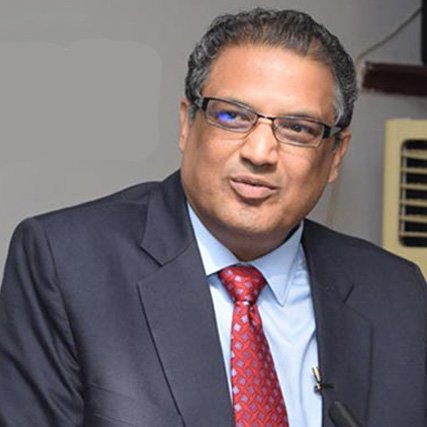By the way, the land of contradictions is so vast that it can accommodate many colorful Pakistans, but yesterday, when I read the story of two contradictory Pakistans in the same day’s newspapers, I wondered why we have such contradictory attitudes in the same country, why are we moving in opposite directions?
At Al-Hamra Art Center, a government institution, an artist paid tribute to the art and craft of the country’s top classical dancer Naheed Siddiqui and presented a Paba dance painting to Arbab Ikhtiar to display the picture of this proud artist as a piece of art in Al-Hamra Art Center so that by looking at this picture, art and craft can be further promoted and the new generation can create more such talent in Pakistan by taking Naheed Siddiqui’s dance and art as a beacon.
Now read the other news. During a Qawwali festival held in Rahim Yar Khan in a government university in the same Punjab, two professors and female students booed the Qawwali, which led to an inquiry being launched against the professors because they were ready to boo after hearing the Qawwali and then because they did not stop the female students from booing or stop themselves. It is not known what punishment these “rogue” professors will receive as a result of this inquiry and what will happen to the female students who committed such a great sin as booing.
Now, on the one hand, in a government institution of the same government, dance and dancers are being presented as a fine example of art and etiquette. In a government university of the same country, music and dhamal are being considered a sin. Interestingly, for the last 75 years, a similar double standard has been going on in the government and the state, especially on “unimportant” topics like art, culture and history. The state and the government continue to maintain a long silence on art promotion institutions that are trying to promote dance, music and painting. The police consider artists as heritage and government institutions keep imposing restrictions on them. This is the reason why we neither “own” arts and culture nor, as human beings, are able to “disown” them. There are a lot of contradictions, this is our disease and our solution is to get out of it.
It is true that Pakistan has had problems with its cultural identity. On the one hand, there is our Muslim identity, which is why Pakistan was created, and on the other hand, our presence in this region for centuries, its culture, way of life and local influences. The famous writer Ahmed Nadeem Qasmi had found a solution to this problem by saying that the history and civilization of Pakistan does not begin with the arrival of Muhammad bin Qasim in Sindh, but with Mohenjo-daro. On the other hand, some people believe that we are different from the people of this region, our civilization and identity are different, and we do not only share religion with the Arabs, we also share culture, civilization and attitudes with them, which is why many friends express this connection by Arabicizing Pakistan and writing “Al-Bakistan”.
In my scholarly opinion, we should combine both our Islamic and historical identities. In Saudi Arabia, Arabic poetry from the era of ignorance is still read and recited with great pride, and the dance of the royal family there is often seen at ceremonies. Saudi Arabia’s Crown Prince Mohammed bin Salman even seems to be convinced of creating a modern identity. Music concerts are being held every day in Saudi Arabia, women are driving, and we are imposing a limit on those who indulge in Qawwali. In Saudi Arabia, until yesterday, the black burqa was worn, driving was banned, freedoms were gained there, but here there are still restrictions on their singing in Qawwali. In today’s world, countries cannot remain isolated. Now, except for the Taliban in Afghanistan, restrictions on women cannot be imagined in any Muslim country in the world.
Pakistan is the only fortunate country in the Muslim world that, before the rest of the Muslim world, had acknowledged since the time of Quaid-e-Azam and Allama Iqbal that the only way forward for the Muslim world was democracy. The Constitution of Pakistan is the first constitution in the world in which the combination of Islam and democracy is presented. Quaid-e-Azam Muhammad Ali Jinnah and his sister Fatima Jinnah were great champions of the education and freedom of women in the Muslim world. In today’s era, all political parties should make clear policies regarding women’s rights, and they should also clarify their point of view regarding culture. Now that Jamaat-e-Islami raises its political slogans with music, shouldn’t we reconsider our past attitudes towards music? Now that in the era of TV and social media, films, theater and other arts have become accessible to everyone, we should not modify our views.
In this regard, the Government of Pakistan and the Government of Punjab should take the first step. Stopping the inquiry in Rahim Yar Khan will be an important signal. On the other hand, it is also the responsibility of political parties to provide opportunities for women to develop side by side, following the ideas of Quaid-e-Azam and Fatima Jinnah. They should field women candidates on safe seats so that they are encouraged and their confidence increases. If women have to move forward, then Pakistani society has to move forward. If we keep two or three Pakistans, we will not be able to move forward. The fewer the contradictions, the faster the progress will be.
 Colors
Colors  View Books
View Books 



